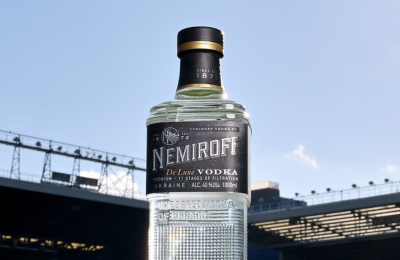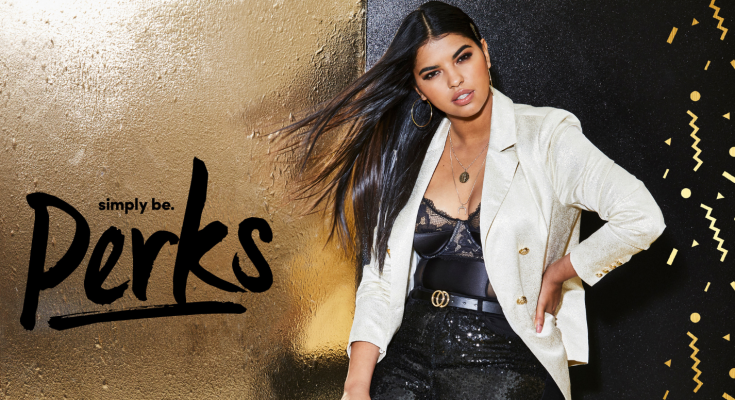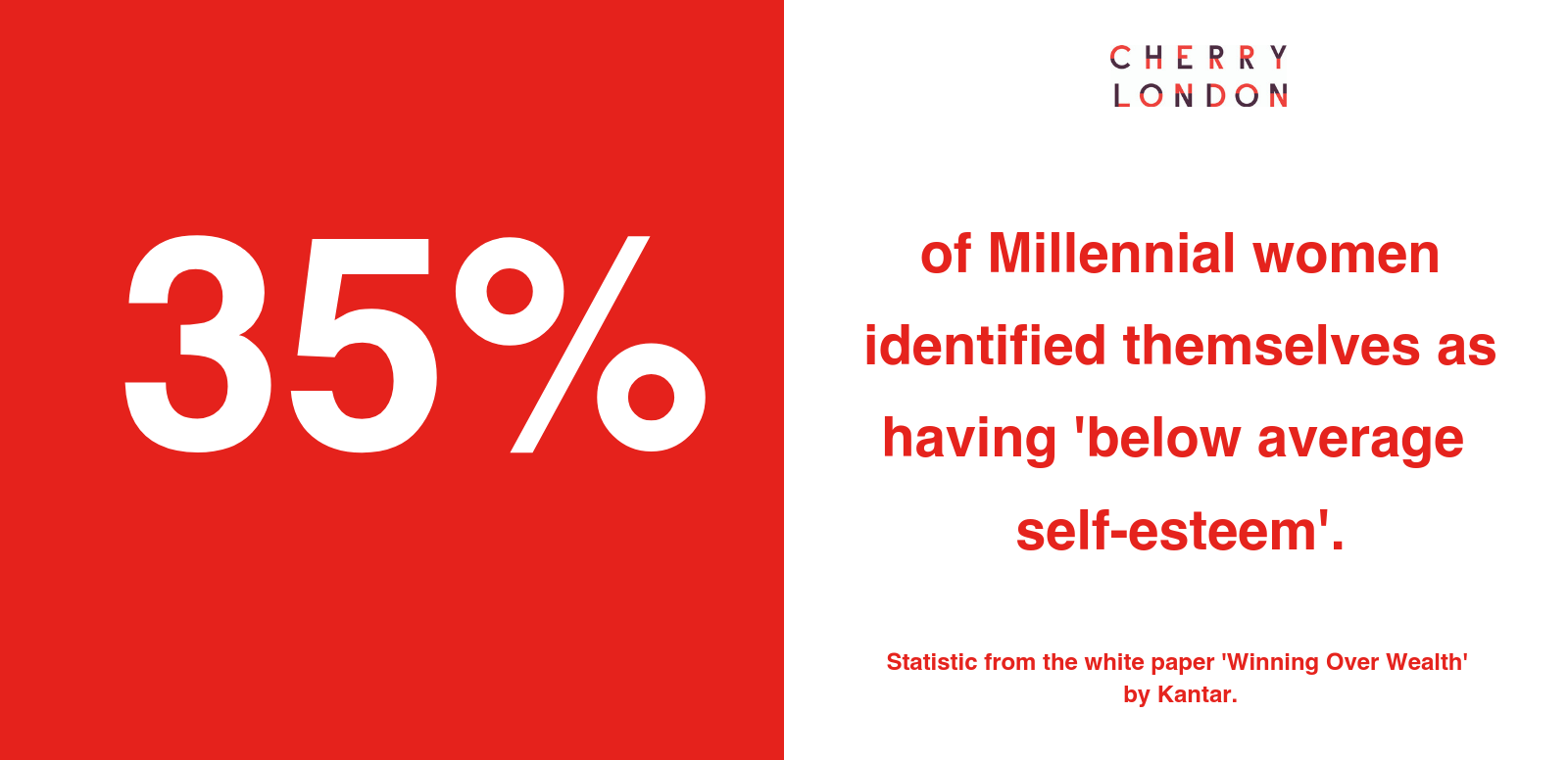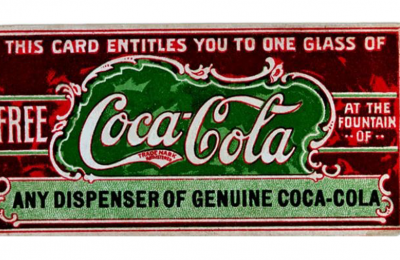Tamara Gillan, CEO of Cherry London and Founder of The WealthiHer Network, explains why brands that raise self-esteem through authentic and trustworthy communications are winning over Millennials.
Low self-esteem remains an issue for women. The WealthiHer Report, which my marketing company Cherry London commissioned, identified that low self-esteem and imposter syndrome is much more prevalent among women than men. But talking at a Kantar Event Panel recently I was shocked to learn that 35% of Millennial women identified themselves as having below average self-esteem, this is lower than all other groups.
As Millennials are forecast to make up 35% of the global workforce by 2020 and have huge buying clout, it’s not only a moral imperative that brands should make raising self-esteem a clear ambition, but it also makes economic sense for this powerful cohort.
Focus on authenticity
Millennials are synonymous with being a challenging audience to market and advertise to. They have grown up tech-savvy, are sceptical of business’ motives and trust in media is low, 43% feel that traditional media is negatively impacting the world (Research by Deloitte). Therefore, brands need to focus their efforts on authenticity in order to gain trust.
Deliver real value
Simply Be has an inclusive ‘This is Me’ ethos, celebrating the curve fashion. At the heart of the brand is a positive message of empowerment. At Cherry London we developed an award winning new-generation loyalty programme for Simply Be customers with Millennials at the heart as they represent the core audience. The rewards went beyond fashion, to help Simply Be customers’ look and feel great. The result was an impressive profit increase and ROI with customers sharing the love on social. The secret to the success is no secret: we celebrated our audience, delivered rewards which made them feel their best, ultimately delivering real value for them.
Empower don’t diminish
Recently Forever 21 made a dreadful marketing mistake by sending out free gifts of diet bars to customers who purchased clothing. Customers took to social media to express their offense. Not only did the brand harm its relationship with loyal customers but also it was a knock for female self-esteem by reinforcing the need to conform to a stereotype of beauty.
In contrast Dove celebrates an inclusive vision of beauty and calls for women to be “our most authentic selves”. The Cannes Lion award winning #ShowUs campaign calls for user generated content to “break beauty stereotypes.” Dove is raising women’s self esteem through encouraging body autonomy and leveraging social networks to do this. Their commitment to changing negative perceptions, their authenticity and deep-seated ability to literally put each consumer at the heart of the brand, is why it continues to win hearts and minds.
Build an emotional connection to unlock value
Millennials have little time for hollow or shaming behaviour and will take a brand to task to object to this type of behaviour. For brands to succeed their intentions must be honourable. If they get it right and they offer consumers a chance to participate, with values that resonate, they will secure an emotional connection with their customer. Moving beyond a transactional to a meaningful engagement and an ongoing relationship.
Women, particularly younger women, need more from the industry: understanding, empathy and authenticity.
If you would like to find out how Cherry London can help you to build truly meaningful relationship with consumers to unlock value, then get in touch with Cherry MD Mark Stevenson at mark@cherrylondon.com / +44 (0) 20 3111 0500

























